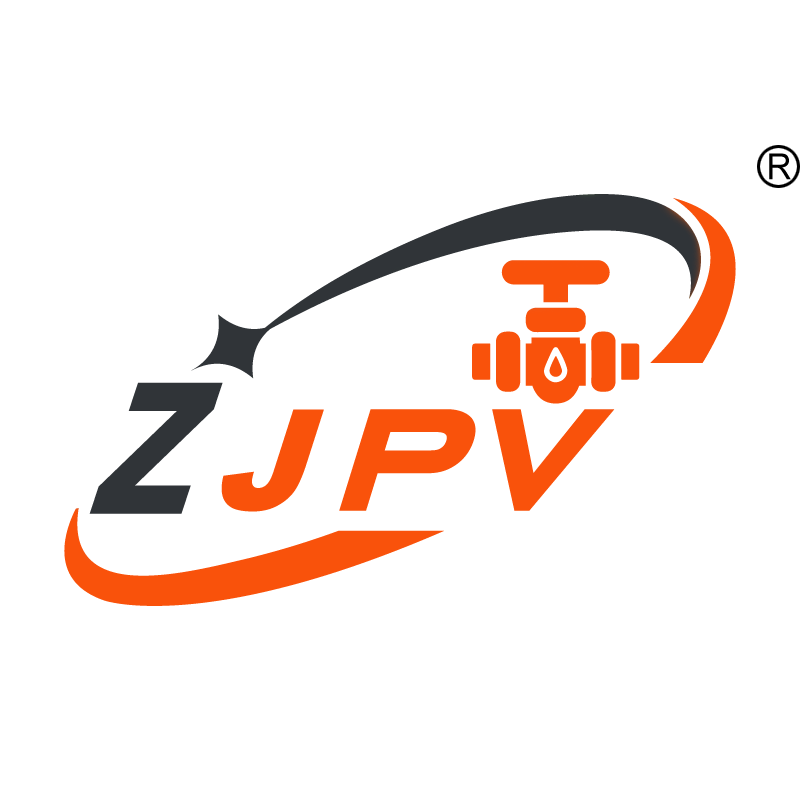Plug valves are an important part of various industries and have a wide range of applications and advantages. From controlling flow to providing reliable closure, plug valves play a vital role in ensuring the smooth operation of different systems. In this comprehensive guide, we’ll take a closer look at the versatility of plug valves, exploring their functions, types, and the critical role they play in various industries.
Functions and applications
Plug valves are designed to control the flow of liquid or gas in pipes. Its simple yet effective design consists of a cylindrical or conical plug that rotates within the valve body to control flow. This mechanism precisely regulates flow and provides reliable closure when needed.
One of the main advantages of plug valves is their versatility in handling a variety of media, including corrosive chemicals, abrasive slurries and high-pressure gases. This makes them suitable for industries such as oil and gas, chemical processing, water treatment and power generation.
Types of plug valves
There are many types of plug valves, each designed to meet specific requirements and operating conditions. These include lubricated plug valves, non-lubricated plug valves and eccentric plug valves. Lubricated plug valves are equipped with a lubricant injection system to reduce friction and wear, while non-lubricated plug valves are designed for applications where lubricant contamination is a concern. Eccentric plug valves feature an offset plug design that provides a tight seal and reduces wear during operation.
The versatility of plug valves is further enhanced by the use of different plug materials such as metals, plastics and elastomers, allowing compatibility with a variety of media and operating conditions.
Play a key role in various industries
In the oil and gas industry, plug valves are used to control the flow of crude oil, natural gas, and refined products. Their ability to handle high pressure and high temperature conditions makes them ideal for upstream, midstream and downstream applications.
In chemical processing plants, plug valves are used to handle corrosive chemicals and abrasive slurries. Their rugged construction and corrosion-resistant materials make them ideally suited for the harsh conditions found in chemical processing facilities.
Water treatment plants utilize stopcocks to regulate the flow of water, chemicals and wastewater. Its reliable shutoff capabilities and corrosion resistance make it an important component of water treatment systems.
In power generation, plug valves are used in steam and water systems to precisely control the flow and shutoff of boiler feed water, cooling water and steam distribution systems.
in conclusion
The versatility of plug valves makes them a valuable asset in various industries, providing reliable flow control and shutoff functions for a variety of media and operating conditions. Whether handling corrosive chemicals in chemical processing plants or regulating the flow of natural gas in oil and gas facilities, plug valves play a vital role in ensuring that industrial systems operate efficiently and safely. With their diverse applications and rugged construction, plug valves remain an important part of the fluid control industry.
Post time: Apr-20-2024










